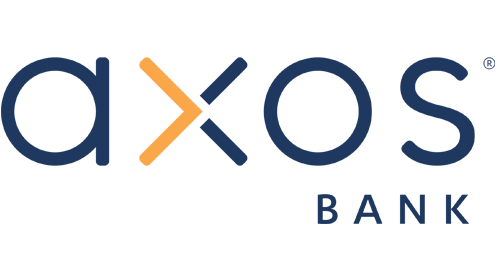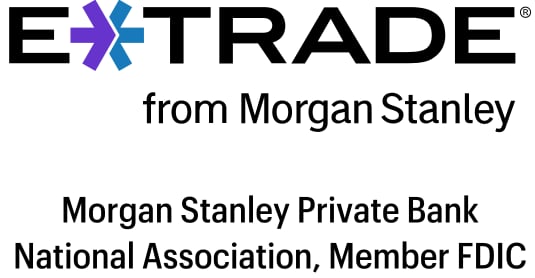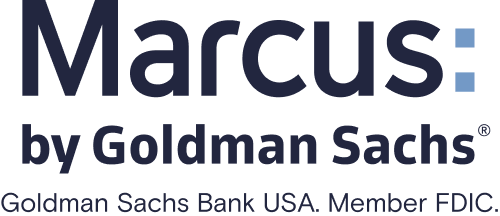Money Market Account vs. Savings Account: Which Should You Choose?
Money market accounts are a kind of savings account that typically offer debit cards or checks. But some regular savings accounts have higher APYs.

Many, or all, of the products featured on this page are from our advertising partners who compensate us when you take certain actions on our website or click to take an action on their website. However, this does not influence our evaluations. Our opinions are our own. Here is a list of our partners and here's how we make money.
Trying to choose between a money market account versus a savings account? Since an MMA is a type of savings account, the choice isn’t so much between two very different kinds of accounts. It's more of a question of what type of savings account is best for you.
Money market account vs. savings account
Both bank deposit accounts typically earn interest, but there are some differences between the two. MMAs typically offer debit cards and the ability to write a few checks each month, for example, while regular savings accounts don’t. But high-yield savings accounts have advantages that could make them the better choice. Read more about the differences and similarities between the two types of accounts and how to choose which one is best for you.
Ease of access
MMAs can make it easier to access your money quickly as they often offer a debit card and check-writing capabilities. It is unusual for a savings account to offer a debit card or checks for purchases, though some do offer an ATM card for withdrawing cash. If a savings account doesn’t offer an ATM card, however, the only practical ways to withdraw money are to visit a branch (not an option with online banks), electronically transfer the funds to an external savings or checking account (which could take a few minutes or a few days) or have a check mailed to you (which could take even longer).
But MMAs shouldn’t be confused with checking and other everyday spending accounts. Having access to a debit card could make it easier to reach your money in an emergency, but a money market account shouldn’t be used for everyday spending.
Both money market accounts and savings accounts can limit the number of certain kinds of withdrawals to six per month. Go over that limit, and you could be charged a fee for each excess transaction. (Withdrawals made in person or from ATMs typically don’t count against the six-per-month cap.)
The limit was previously a federal requirement, but the Federal Reserve Board removed the rule in 2020, in response to the COVID-19 pandemic. However, an institution can still charge the fee. Before opening an account, whether it’s savings or a money market, you’ll want to check your financial institution's rules.
» Dig deeper. Read more about the policy behind the limit: Federal Reserve Regulation D.
Nerdy Perspective
How would you think about deciding between a savings account and a money market account?
If having a savings account with the ability to make a few debit card purchases or write a few checks were really important to me, I’d look for an MMA. That said, I regularly find better rates and lower fees with high-yield savings accounts. So if you’re just looking for a place to stash your cash in case of an emergency, and earn as much interest as you can, it makes sense to go with a high-yield savings account.

Fees and APYs
Typically, a brick-and-mortar (or traditional) bank's money market account has higher monthly service fees but offers a better interest rate compared to its savings account. But online savings and MMA accounts don’t always follow that pattern — they both tend to have competitive rates and low or no monthly fees. In fact, the best online savings accounts offer some of the best rates around, even better than some money market account yields.

Member FDIC
Forbright Bank Growth Savings

4.25%
$0

Member FDIC
Axos ONE® Savings

4.66%
$1,500

Member FDIC
Varo Savings Account

5.00%
$0

Member FDIC
E*TRADE Premium Savings

4.00%
$0
Federal insurance
Generally, both money market and savings accounts are federally insured. Federal insurance means if a bank were to fail, you would not lose your money, up to the insured balance. Accounts at banks are typically insured by the Federal Deposit Insurance Corp., up to $250,000 per depositor, per bank, per ownership category. (A “single account” is one ownership category, for example, and a “joint account” is another.) With credit unions, the account is typically federally insured by the National Credit Union Administration, also up to $250,000 per share owner, per credit union and per ownership category.
(Note that there is a similar-sounding product, called a money market fund, which is actually an investment and is not federally insured. You can read our primer on money market funds to learn more.)
» Learn more about FDIC insurance for money market accounts
Money market vs savings account APY examples
Here’s a list of online money market and online savings offerings from a few institutions, along with their respective annual percentage yields. All of the accounts listed have no monthly service fees, assuming you receive e-statements and unless otherwise noted.
Financial Institution and Account | APY based on a $5,000 balance |
|---|---|
Discover® Bank, Member FDIC. | |
Discover® Money Market Account | 3.40%. |
Discover® Online Savings | 3.50%. |
UFB Direct, Member FDIC. | |
UFB Portfolio Money Market | 4.01%. Monthly fee of $10 on balances below $5,000. |
UFB Portfolio Savings | 4.01%. |
Vio Bank, Member FDIC. | |
Vio Bank Cornerstone Money Market Savings Account | 4.31%. Note that Vio Bank does not offer debit cards or check-writing capability. |
Vio Bank Online Savings Account | 1.10%. |
Money market account vs. savings account: How to choose
Look for accounts with high APYs and low or no monthly fees. Then, consider how quickly you might need to access your funds.
If you won’t need immediate access to your funds, then an online savings account with a high APY could be a great choice.
If you don’t plan to write checks, but do plan to make cash withdrawals, a high-yield savings account with an ATM card could be a solid option. If you want to earn more interest than a checking account offers and have the ability to write an occasional check or make a debit card purchase, a money market account that offers both could fit your needs.
Money market accounts and savings accounts can help you build up your savings. While MMAs may offer easier access, high-yield savings accounts could be a strong choice because of their high APYs and minimal requirements. Take a look at the best savings accounts and the best money market accounts to weigh your options.











